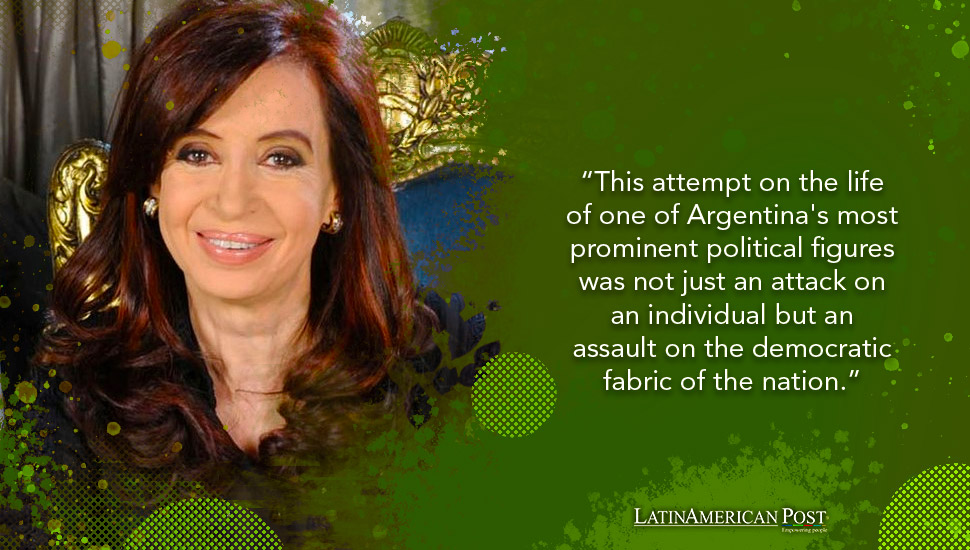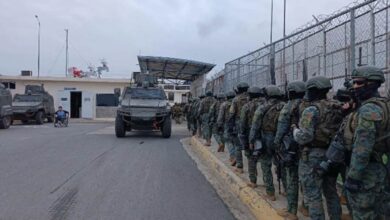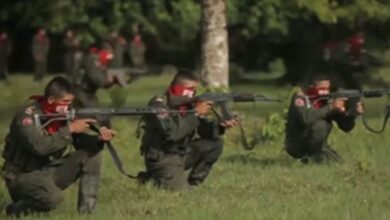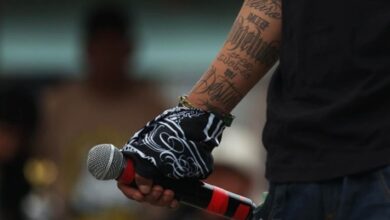The Urgent Need to Clarify Attempted Assassination of Argentina’s Cristina Fernández

Two years after the attempted assassination of former Argentine President Cristina Fernández, the investigation remains shrouded in controversy and unanswered questions. Independent of political affiliations, it is crucial for Argentina’s democracy that the truth is uncovered and justice is served.
Two years have passed since the shocking attempt on the life of former Argentine President Cristina Fernández, an incident that sent shockwaves through the nation. As the anniversary of the attack is marked, the demands for a thorough investigation and accountability grow louder. Independent of one’s political inclinations, it is essential for the health of Argentina’s democracy to bring the truth behind this heinous act to light. The pursuit of justice must transcend partisan divides, ensuring that all involved, directly or indirectly, are held accountable.
On September 1, 2022, Argentina witnessed a moment of terror that could have altered its political landscape forever. Cristina Fernández, then serving as Vice President, narrowly escaped death when an assailant attempted to shoot her in the head as she greeted supporters outside her Buenos Aires residence. The assailant, Fernando Sabag Montiel, was thwarted only by the failure of his weapon to discharge, sparing Fernández’s life in what can only be described as a miraculous turn of events.
This attempt on the life of one of Argentina’s most prominent political figures was not just an attack on an individual but an assault on the democratic fabric of the nation. The country was engulfed in a wave of fear and uncertainty in the days and weeks that followed. The attack was a stark reminder of the deep political divisions that have long plagued Argentina. Yet, as time has passed, the investigation into the attempted assassination has been marred by delays, political interference, and a lack of transparency, raising serious concerns about the integrity of the judicial process.
Political Allegations and Judicial Inaction
From the outset, the investigation into the attempted assassination has been controversial. While three individuals—Fernando Sabag Montiel, Brenda Uliarte, and Nicolás Carrizo—are currently on trial for their alleged roles in the attack, there are widespread concerns that the real masterminds behind the plot have not been identified or brought to justice.
Cristina Fernández has been vocal in her belief that the individuals on trial are mere pawns in a larger conspiracy. In her testimony before the court, she pointed to the involvement of political actors who have yet to be investigated or charged. She specifically mentioned Gerardo Milman, a Propuesta Republicana (Pro) party member, as having potential links to the extreme-right group Revolución Federal, which had previously engaged in hostile demonstrations against her.
These allegations, if true, suggest that the attempted assassination was not an isolated act of violence but part of a broader political plot to destabilize Argentina’s government. However, despite these serious claims, the judicial system appears slow to act. According to Fernández and her supporters, the judiciary has been complicit in shielding the real culprits, allowing impunity to prevail. This perceived inaction has only fueled public frustration and distrust in the judicial system, leading to growing calls for a more transparent and thorough investigation.
The Imperative of Transparency in Democratic Societies
In any democratic society, the rule of law must be upheld, and justice must be seen to be done. The failure to adequately investigate and prosecute those responsible for the attempted assassination of a high-profile political figure like Cristina Fernández not only undermines the credibility of the judicial system but also erodes public confidence in democratic institutions.
Transparency is the cornerstone of justice. Without it, the public cannot be assured that the judicial process is fair and impartial. In the case of the attempted assassination of Cristina Fernández, the lack of transparency has created a vacuum that has been filled with speculation, conspiracy theories, and political manipulation. This is dangerous territory for any democracy, fostering division and mistrust rather than unity and stability.
For the sake of Argentina’s democracy, the investigation into the attempted assassination must be conducted with the utmost transparency. This means bringing the immediate perpetrators to justice and thoroughly investigating the possibility of a broader conspiracy. If political actors were involved in orchestrating or financing the attack, they must be held accountable, regardless of their status or influence.
Moving Beyond Partisan Politics for Justice
One of the most significant challenges in addressing the attempted assassination of Cristina Fernández is the deeply polarized political climate in Argentina. The country is divided along political lines, with strong allegiances to the Kirchnerist movement or its opponents. This polarization has made it challenging to have a rational and objective discussion about the events surrounding the assassination attempt.
However, for the sake of justice and democracy, this issue must be approached nonpartisanally. The investigation should not be seen as a political weapon against one’s opponents but as a necessary step to ensure the safety and security of all political figures, regardless of their affiliation. The rule of law must apply equally to everyone, and no one should be above the law.
It is also essential that the Argentine public demands accountability from its leaders and judicial institutions. The attempted assassination of a former president is a matter of national importance, and the public has a right to know the truth. By demanding transparency and justice, the people of Argentina can help ensure that their democracy remains strong and resilient in the face of adversity.
Also read: The Environmental Pitfalls of Alternative Energy Sources in Latin America
The attempted assassination of Cristina Fernández is a dark chapter in Argentina’s recent history, one that has left many questions unanswered. As the country marks the second anniversary of the attack, the need for a thorough and transparent investigation has never been more urgent. Independent of political views, the pursuit of justice, in this case, is essential for the health of Argentina’s democracy. Uncovering the truth and holding those responsible accountable can help the nation begin to heal and move forward. It is time for Argentina to come together, set aside partisan differences, and demand the justice that Cristina Fernández—and indeed all Argentines—deserve.





